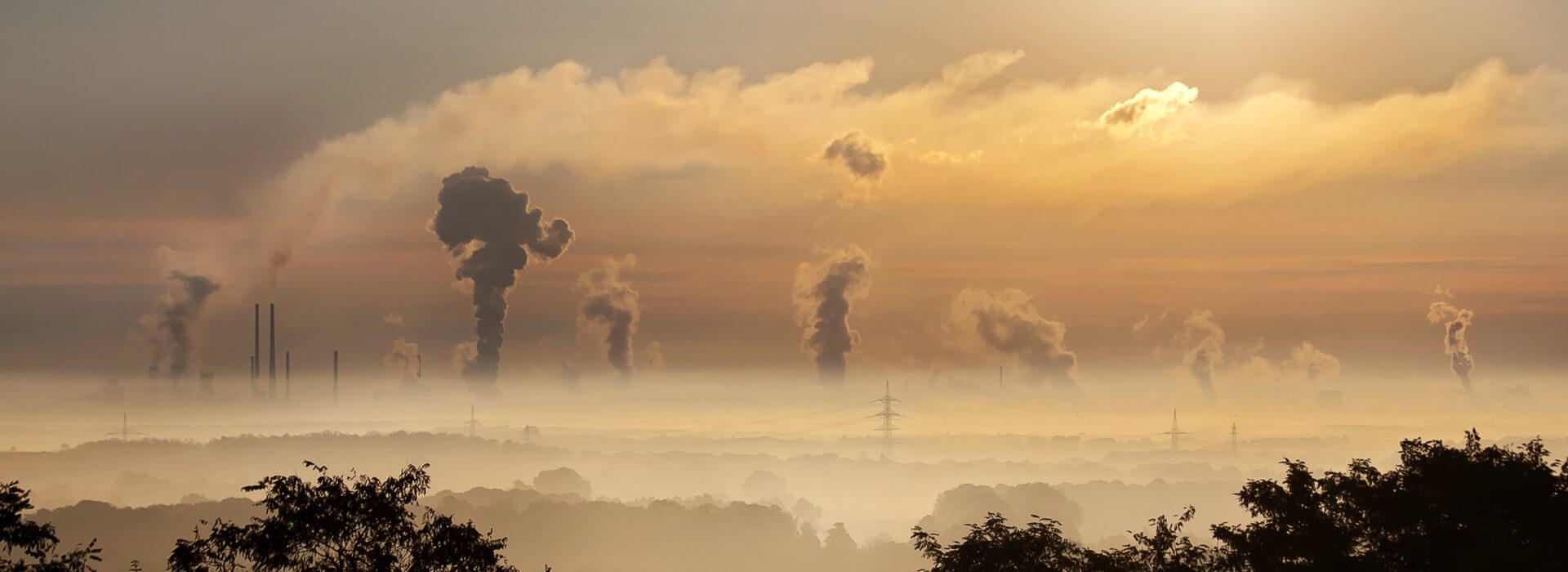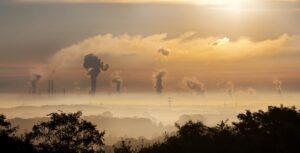A recent report reveals that the wealthiest 1% of the global population, consisting of billionaires, millionaires, and those earning over $140,000 annually, are accountable for a staggering 16% of CO2 emissions in 2019. This elite group, labeled as the “polluter elite,” contributed to dire consequences, including over a million excess deaths due to heat-related issues. The comprehensive study, conducted in collaboration with The Guardian, Oxfam, and the Stockholm Environment Institute, delves into the causes and impacts of carbon inequality.
Living climate-insulated lives with air-conditioned comfort, the emissions of the wealthiest 1% reached 5.9 billion tonnes of CO2 in 2019, resulting in significant suffering globally. Using a “mortality cost” formula, the report estimates that these emissions alone could lead to 1.3 million heat-related deaths in the coming decades. Over the period from 1990 to 2019, the cumulative emissions of the 1% were equivalent to erasing the annual harvests of EU corn, US wheat, Bangladeshi rice, and Chinese soybeans.

Photo by on Pexels
This unequal burden falls disproportionately on marginalized communities, including those living in poverty, ethnic minorities, migrants, and women and girls. Lack of financial resources, insurance, and social protection makes them more vulnerable to extreme weather events like floods, droughts, heatwaves, and forest fires, leading to heightened economic and physical risks. Developing countries bear the brunt, accounting for 91% of deaths related to extreme weather, according to the UN.
The report underscores the alarming reality that it would take someone in the bottom 99% approximately 1,500 years to match the carbon emissions of the richest billionaires in just one year. Oxfam’s senior climate justice policy adviser, Chiara Liguori, emphasizes the interconnected crises of climate change and inequality, stating that the super-rich are “plundering and polluting the planet” at the expense of those who can least afford it.
Beyond the wealth gap between nations, the study highlights the growing problem of inequality within countries. While billionaires remain predominantly white, male, and based in the US and Europe, the report notes a dispersal of millionaires worldwide.
Moreover, the report sheds light on the influence wielded by the super-rich, who not only possess extravagant carbon footprints but also hold significant political power. With ownership of media organizations, social networks, and close ties to politicians, they impede efforts to curb global emissions. Oxfam advocates for substantial wealth taxes on the super-rich and windfall taxes on fossil fuel companies to address the impacts, reduce inequality, and finance a transition to renewable energy. Proposing a 60% tax on the incomes of the wealthiest 1%, Oxfam suggests this could generate $6.4 trillion annually, cutting emissions by 695 million tonnes—surpassing the entire UK’s 2019 carbon footprint.
Original Article: https://www.theguardian.com/environment/2023/nov/20/richest-1-account-for-more-carbon-emissions-than-poorest-66-report-says












